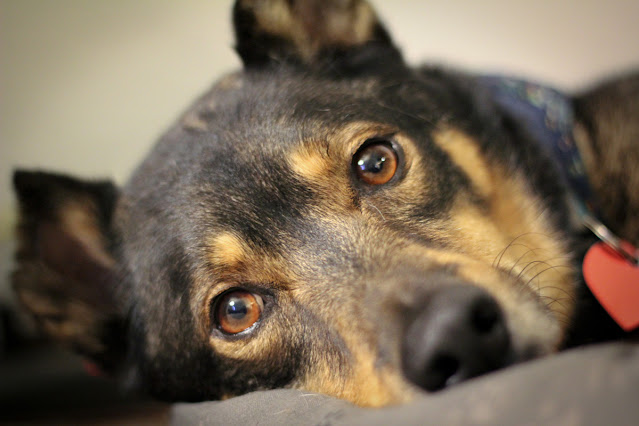About
At Companion Animal Psychology, Zazie Todd PhD has been inspiring pet owners to have happier cats and dogs since 2012.
About Zazie Todd PhD
 |
| Zazie Todd, PhD, with her late dog Bodger, in Nov 2019. You can read about Bodger in Wag. |
Zazie Todd, PhD, is an animal behaviour expert and award-winning writer who loves nothing better than helping people resolve issues with their pets. She covers dog training and behaviour, cat behaviour and training, animal welfare, the relationship between people and their pets, and books about companion animals.
Todd is the author of Wag: The Science of Making Your Dog Happy and Purr: The Science of Making Your Cat Happy. Her highly-anticipated third book, Bark! The Science of Helping Your Anxious, Fearful, or Reactive Dog, will be published in October 2024.
Todd is the go-to pet expert for many media outlets and has been mentioned in The New York Times, The Washington Post, The Daily Telegraph, The Atlantic, Newsweek, The Globe and Mail, The Vancouver Sun, CBC Radio, Radio New Zealand, and many more. She is the creator of Companion Animal Psychology which she started in 2012 to explore the ways in which science can help us to have happier cats and dogs. The Animal Book Club followed in 2016. Todd's podcast, The Pawsitive Post in Conversation, is co-hosted with Kristi Benson and features interviews with authors, scientists, dog trainers, and cat behaviourists.
Todd's Psychology Today blog, Fellow Creatures, explores the social world of people and animals. Her writing has also appeared in BBC Science Focus, Prima, Inside Your Dog's Mind, Inside Your Cat's Mind, Modern Dog, Modern Cat, The Psychologist, Reader's Digest Canada, and Pacific Standard. She takes dogs and cats as clients through her behaviour consulting business, Blue Mountain Animal Behaviour.
Todd has a PhD in Psychology (University of Nottingham) and an MFA Creative Writing (UBC). Todd graduated with honours from Jean Donaldson’s Academy for Dog Trainers (“the Harvard of dog training”) and has an Advanced Certificate in Feline Behaviour with Distinction from International Cat Care. Todd is an affiliate member of the American Veterinary Society of Animal Behavior. She is a multi species training professional member of the Pet Professional Guild, and for 7 years was a volunteer at the BC SPCA. As well, she is Fear-Free certified and is a member of International Cat Care's Feline Wellbeing Expert Panel. Todd's paper, Barriers to the adoption of humane dog training methods, was published in the Journal of Veterinary Behavior: Clinical Applications and Research.
Todd grew up in Leeds, in the north of England, and now lives in Maple Ridge, BC, Canada, with her husband, a dog, and a cat.
Representation: Fiona Kenshole at Transatlantic Agency.
Media enquiries about Bark! The Science of Helping Your Anxious, Fearful, or Reactive Dog should be directed to Sydney Marchand at Greystone Books (sydney dot marchand at greystone books dot com).
How to pronounce Zazie
Not sure how to pronounce 'Zazie'? It's a short 'a', like in dazzle or jazzy. The name comes from the book by Raymond Queneau, Zazie in the Metro.Listen to or watch Zazie Todd, PhD
You can see or listen to interviews with Dr. Zazie Todd at the following links:- How to make your cat happy, Radio New Zealand's Sunday Morning (and part 2, More ways to make your cat happy)
- How to train your dog, TV interview with Global National
- How to make your pet happy with animal behaviour expert Zazie Todd, The Upgrade (Lifehacker podcast)
- Leave the hiding cat alone!, Zazie Todd on the Cat Chat podcast, 6 July 2022
- PURR-cast with Anna Webb, Zazie Todd on A Dog's Life podcast, 12 June 2022
See the full list of media mentions for more.
Contact Details
To contact Zazie Todd, PhD, email companimalpsych at gmail dot com.By mail: Zazie Todd, PhD,
PO Box 719 Stn Whonnock
Maple Ridge, BC,
V2W 0C9,
Canada.
(N.B. At the present time, please email Zazie to let her know to expect mail).
Acknowledgement
Companion Animal Psychology is written on the traditional territories of the Kwantlen and Katzie First Nations.
As Seen In





















